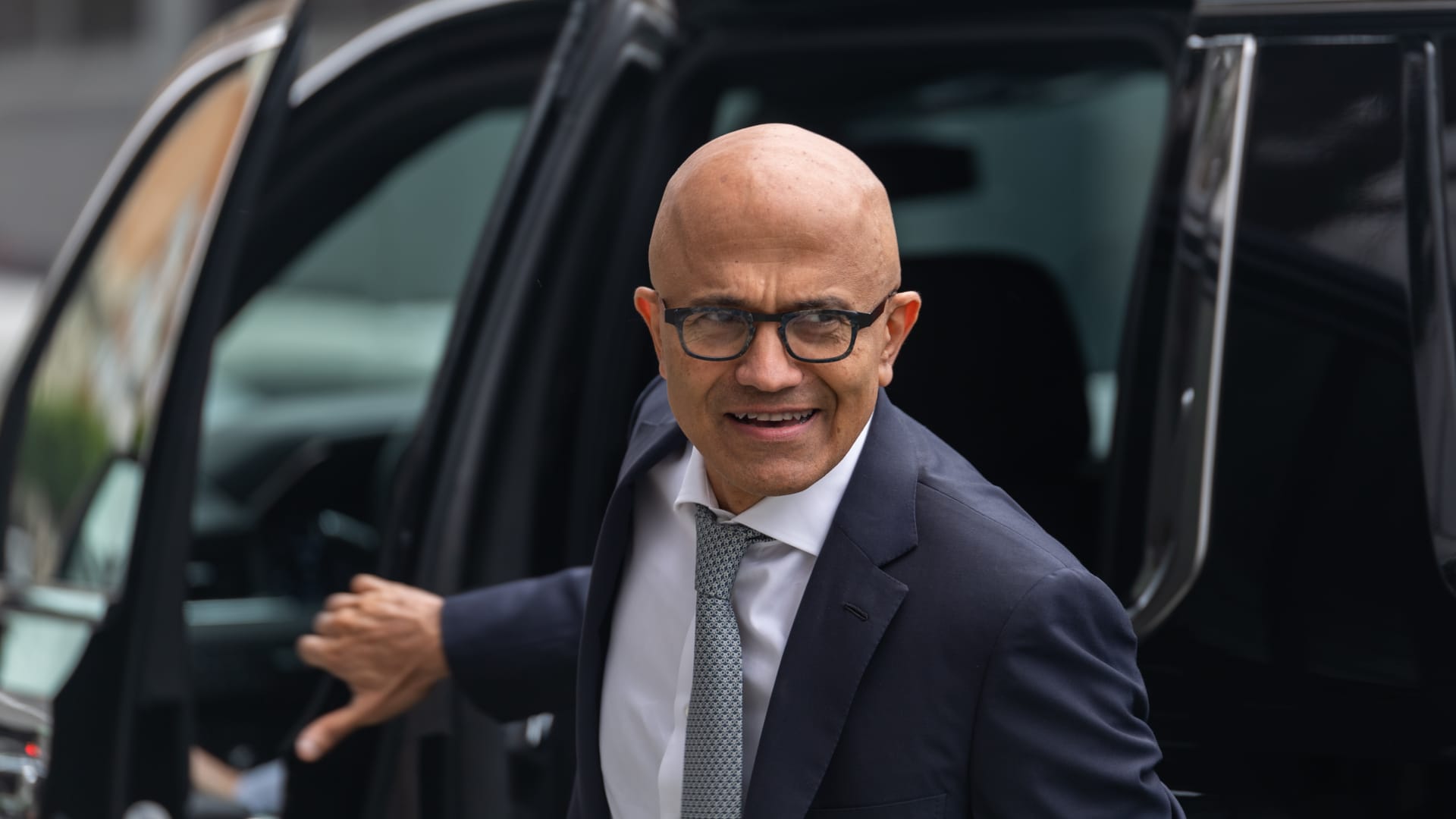Turkmen have Concerns about Election Results
Turkmen, Arabs and Kurds rushed to the ballot boxes after experiencing a brief period of apprehension saying they would not abandon the political parties they supported; however, Turkmen in particular were concerned about possible injustices during the vote tallying, as well as corruption committed before the elections. Turkmen member of the Kirkuk Assembly, Ali Mehdi said that where and how ballot boxes were distributed and collected was ambiguous even during the elections and this has also created further apprehension. The Iraqi government under the US control has not announced the location of where the ballot boxes will be tallied due to security concerns. Ballot boxes were transported to the Iraqi election centers by ambulance 07:00 a.m. yesterday (January 30). US helicopters policed the elections from the air, while Iraqi National Guards, the Police and US soldiers provided ground security.
People in Kirkuk voting for the first time followed voting instructions carefully and tight security measures drew attention at the entrance of the election centers. Participants were only able to enter the election center after being controlled at four separate checkpoints. Ballots were placed in two transparent boxes prepared for the Iraqi National Assembly and the provincial assemblies. After finding their names on the registration rolls, Kırkuk locals who arrive at the election centers clutching their identity cards enter the voting cubicles with the ballot papers. Once marking their candidates, the voters are marked with indelible ink and place the folded ballot paper into the appropriate box.
The public’s explicit voicing of support for their party from time to time in a practice that remained from Saddam’s period created some interesting sights. Turkmen in particular verbalized their support for the Iraqi Turkmen front by repeating its number, 175. Turkmen added they had rushed to the ballot boxes in order to prevent any deception in Kirkuk; and they have major concerns about possible intervention with the boxes. A grandfather Ahmed, 75, who joined the line in front of an election center in order to cast his vote in the early morning hours, emphasized that Turkmen had faced huge pressure throughout the ages; however, the current situation had reached a very different dimension because Kirkuk was demanding to be separated. Ms. Hatice, a Kirkuk local, expressed that she was praying for strength to face any incident in Kirkuk and cast her vote for the Turkmens’ future.
Since private vehicle traffic was prohibited and electricity was cut during the elections, Kirkuk experienced one of the calmest days in its history. Apart from the sound of US unmanned planes, helicopters and warplanes that often made patrol flights above the city, only the occasion sound of gunfire could be heard. Although Sunni Arabs in Kirkuk had taken the decision of boycotting the elections, they showed great interest in the elections. Asserting that Arabs were one of the city’s main groups, Abdulhadi, 25, said they participated in the elections in order to have a say in city’s future. Ms. Ayse who is also of Arab origin claimed they never had any problems with Turkmen and expressed concerns about the significant problems with Kurds who had recently settled the city.
Turkmen who are one of the oldest elements of the city are known as the most educated segment, with the largest proportion of the city’s commercial activities belonging to them; however, businessman Ismail A. claimed some Kurdish businessmen were quickly becoming more prosperous after the peshmargas, particularly, gaining control within the city and emphasized the situation created some deeper concerns for future. Contrary to all claims, Kurds also assert that they were the ones who suffered the most under Saddam’s rule. Ibrahim who is of Kurdish origin claimed that Kurdish parties would win the elections and argues that corruption claims were being deliberately put forward and that Kirkuk was a Kurdish province.


